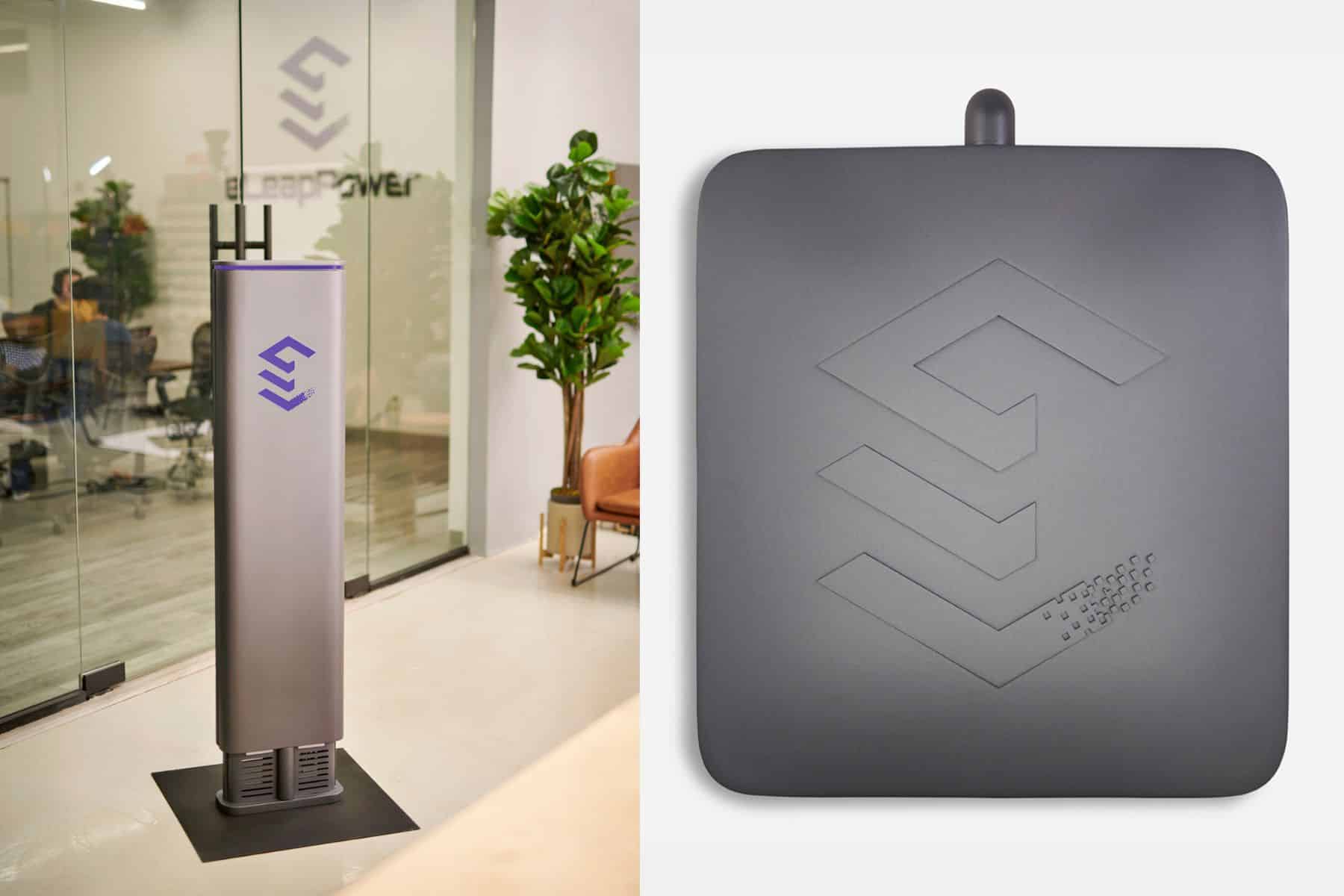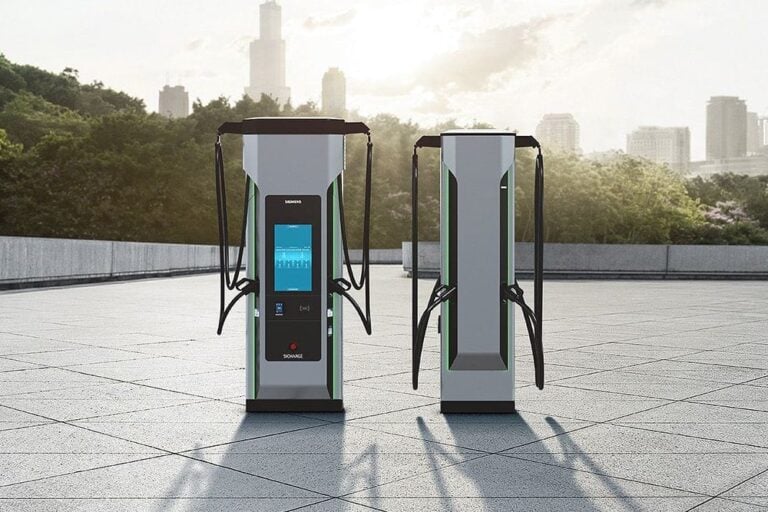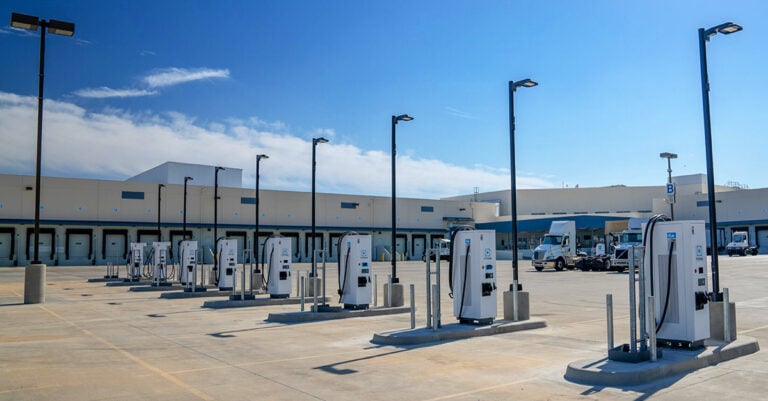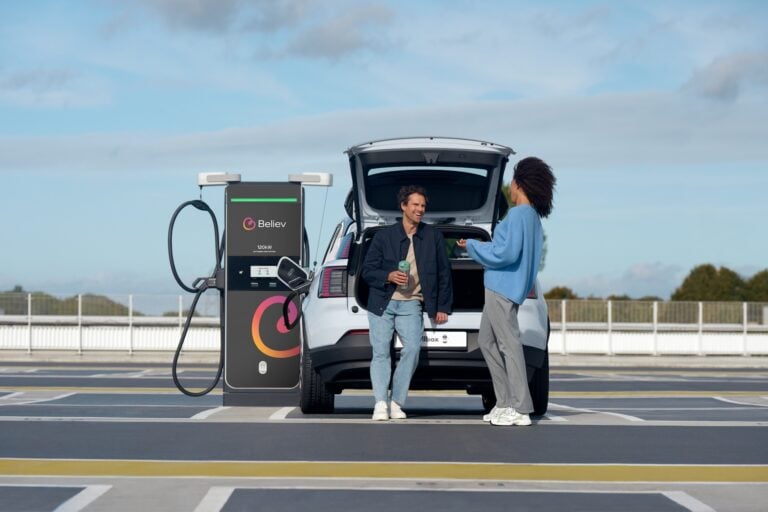eLeapPower, a Canadian-based growth-stage startup, has introduced pioneering technologies aimed at transforming the North American medium-duty electric commercial truck market. The company specializes in electric powertrain and charging solutions that offer significant reductions in cost, complexity, and weight while also unveiling new methods for wireless vehicle charging.
Why It Matters
As the global electric vehicle (EV) market continues to expand, reducing the total cost of ownership is vital for commercial fleet operators and manufacturers. eLeapPower’s solutions not only cater to commercial vehicles but are also scalable for passenger cars, thereby having the potential to create a broad impact across the automotive industry.
Key Points
- Integrated Inverter System: eLeapPower’s patented technology integrates multiple power electronic components into a single system, eliminating the need for separate onboard charging units.
- The system supports both 400V and 800V architectures and bypasses the need for expensive, supply-limited 1200V SiC semiconductors.
- The integrated inverter allows for low-cost charging from renewable power sources and provides fully integrated bidirectional charging for both AC and DC.
- Initial pricing studies indicate savings of over $2,000 per commercial medium-duty EV truck, along with weight and volume reductions of around 20-25kg and 15-20L, respectively.
- Wireless Charging System: Designed to meet the unique requirements of the North American and European last-mile delivery market, the system is expected to reduce wireless charger costs by approximately 30%.
- eLeapPower’s wireless charging system integrates with existing power electronic units, offering more accessible retrofit or OEM installation options for fleet owners.
Bottom Line
eLeapPower’s innovations represent a substantial leap forward in terms of cost-efficiency and functional integration for the electric vehicle market. The company is already in the development phase with Chery Automobile Co. Ltd. and other North American partners, which underscores the technology’s applicability and promise for broader adoption. These advancements could significantly reduce production costs, vehicle downtime, and integration complexities, thus making electric vehicles a more accessible and attractive option for both commercial and passenger use.








